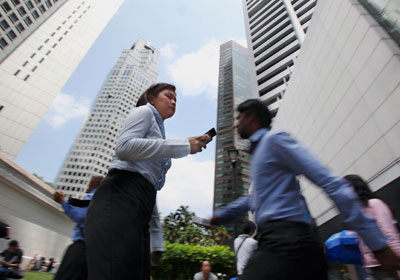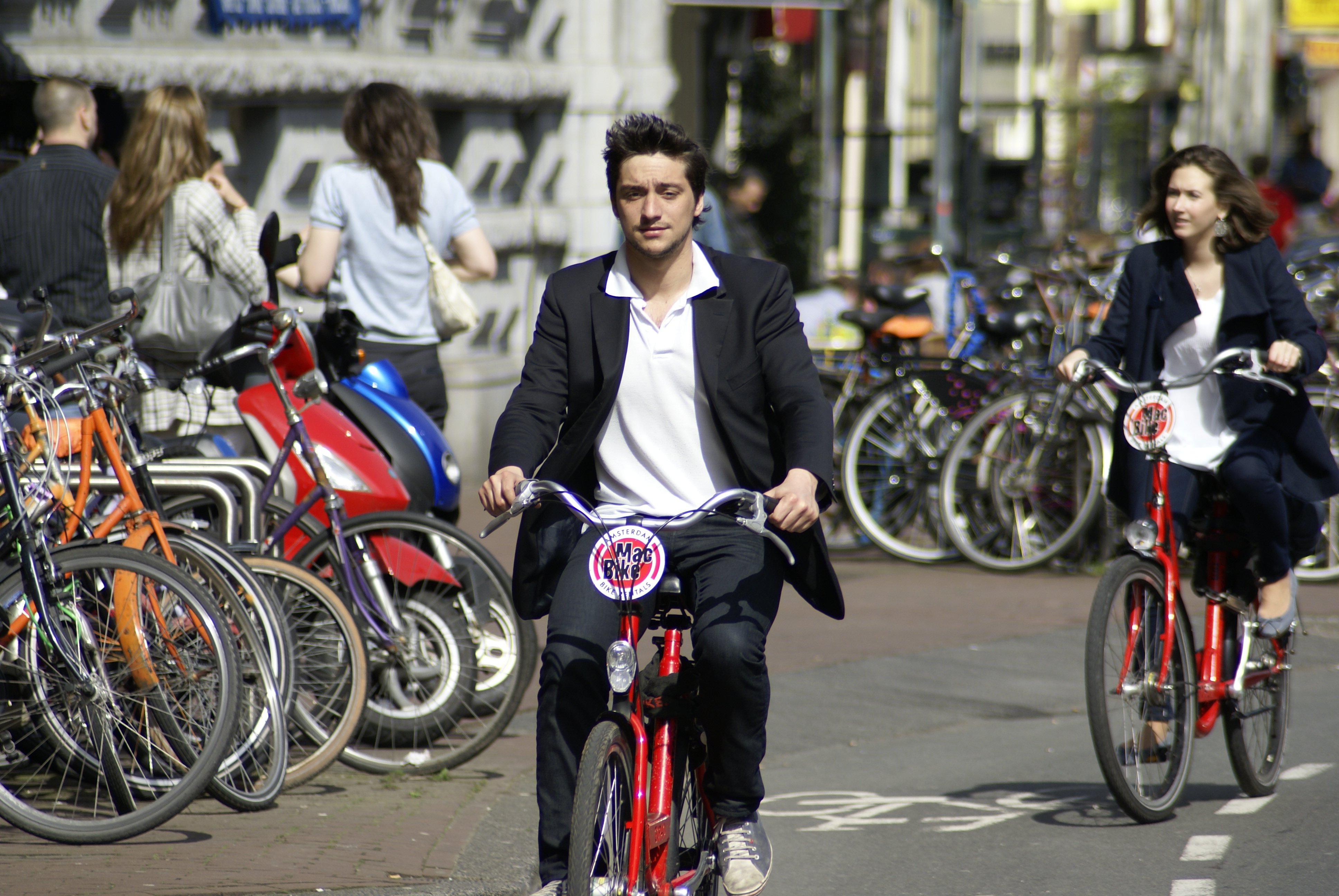

When it comes to global mobility, most companies aim to make their international workforce as efficient and productive as quickly as possible. Generally, the strategy includes streamlining internal company structures for fluid transfers; improving IT systems for communication flows; and building up job-related competencies for a quick adjustment to the new work environment. However, research has shown that an employee’s ability to function at a new location is more determined by factors that are not related to the work environment.
Consider the fact that:
– 25% of expats leave their company during their overseas contract;
– The most common reason given for contract failure is an inability by the staff member or his or her family to adapt to the country;
– The primary reason given for refusing an overseas contract is concerns for the family and their ability to adapt.
Reality defined
Simon Grindrod, General Manager of the Wheatbaker Hotel in Lagos describes what he sees, time and again, in long-term business visitors. When the employee first arrives on location, he or she has a certain amount of time at the hotel. They work long hours as they adjust to the new office, and return to the hotel at the end of the day. Eventually the employee moves into permanent accommodation. Simon has had many conversations with guests who find this period stressful. Often they have little experience outside the hotel-office-hotel environment: no friends other than colleagues, no weekend routines and activities, no notion of where to shop…
In the case of those who arrive with an accompanying spouse, one partner takes on the role of discovering the local environment. But with or without a partner, individuals should be prepared, before their arrival, for the task of establishing a life for themselves outside the office. In terms of work-life balance, the work is best done with a life.
The solution
In our book, The Mobile Life: a new approach to moving anywhere, Anne Parker and I make the business case for providing mobile employees with personal change management competencies. In fact, we believe that an individual’s ability to happily resettle at their destination will be a higher predictor of their employment success than job-related skills.
A new posting represents a huge period of personal change, which is best undertaken consciously. It is a project much like an expedition to an unknown continent. As an explorer leading this expedition, one’s research – on the local conditions that will be encountered and the opportunities the destination provides for personal goals – should begin before departure. What types of activities are available, and what sorts of people are you likely to meet?
Undertaking such an expedition requires an awareness of ones needs and desires as well as an ability to motivate oneself during a prolonged period of extensive personal change. It requires flexibility in dealing with unknown and unexpected situations. And expeditions to foreign lands require an open-minded and creative approach to creating a good work-life balance on new territory and among new neighbours.
In other words, moving to live abroad is an expedition where the goal is not to just survive the experience (and get the job done) but to thrive and grow for the next challenge that life throws your way.
The Mobile Life: a new approach to moving anywhere accompanies your international talent through the process of resettling by developing their ability to manage personal change and lead their families through transition.
For more information on the book: http://themobilelife.eu
To order the book contact the publisher at: www.hollandbooks.nl/en



